Without limiting the rights under copyright reserved above,no part of this publication may be reproduced, stored in or introduced into aretrieval system, or transmitted, in any form, or by any means (electronic,photocopying, recording, or otherwise), without the prior written permission ofthe copyright owner of this book
Many people dont read introductions. Obviously, youre notlike most people. In fact, the act of reading this book, in my experience,makes you part of the ten-percent club. This is an exclusive club that, whileopen to anyone, is usually only comprised of ten percent of the population. Ten-percentersare the unfortunately small group who are not satisfied with the status quo.They simply do not accept that life is frustrating and their dreams and goalsare destined to remain unfulfilled. As a part of this exclusive group, you nodoubt have searched for answers regarding how to fulfill your greatest visionof yourself for most of your adult life. I have too. And Ive never foundanswers as amazingly effective as the ones youre about to learn.
This book has some science and history in it. Dont fret ifyoure not excited about those topics. I include them to give you a frame ofreference for why the information youre about to learn is so different, soimportant, and so relevant. When youre finished with this book, I believeyoull understand that what youve learned is not simply one personsphilosophy but, actually, a logical next-step for anyones personal evolutionanevolution that will eventually be happening for the entire Western world.
This is a self-help book about using quantum physics toachieve your dreams and goals. But its more precise to refer to it as a bookabout using new paradigms from quantum physics. Im confident in the accuracyof the science youll read and learn in this book; I hope it fascinates you asmuch as it does me. But I also willingly confess Im not a physicistnoreven a scientist. I am a science nerd and a history teacher who has held alifelong fascination with learning about the reasons people do things the waythey do them. I am also a futurist, which, in my case, means I am an author whowrites about new paradigms from quantum physics that have yet to be adopted bythe mainstream. Rest assured that these new paradigms are based on an amazinglyprecise body of science (quantum physics, of course) that has created a secondscientific revolution. And these new paradigms will soon become theconventional wisdom of your children and grandchildren.
Because youre reading this book now, however, you wonthave to wait until these paradigms are universally adopted; you get to be anearly adopter and start experiencing, right now, amazing success at achievingyour goals and dreams more completely than youve hoped.
If what you learn about quantum physics here excites you asmuch as it does me, you should explore quantum physics in greater depth byreading some of the authors I follow with devotion. For starters, I highlyrecommend: Brian Greene (The Hidden Reality: Parallel Universes and the DeepLaws of the Cosmos, New York: Vintage, 2011), Stephen Hawking (The GrandDesign, New York: Bantam, 2012), Amit Goswami (The Self Aware Universe,New York: Tarcher, 1995), Nick Herbert (Quantum Reality: Beyond the NewPhysics, New York: Anchor, 1987), John Gribbin (In Search ofSchrodingers Cat: Quantum Physics and Reality, New York: Bantam Books,1984), Richard Feynman (Six Easy Pieces, New York: Basic Books, 1998),and Michio Kaku (Physics of the Impossible: A Scientific Exploration intothe World of Phasers, Force Fields, Teleportation, and Time Travel, NewYork: Anchor, 2009).
This book is a great place to start if youre just learningabout quantum physics. And, if youre already familiar with and fascinated byquantum physics, this book will give you some exciting new ways to think aboutand use this amazing science. Even if you arent currently interested inquantum physics but want to learn to be a more successful person and achievesome heretofore unattainable goals, you will find some unique solutions here. Whereveryou stand regarding quantum physics, the paradigms you learn in this book willfill you with amazing personal power and resourcefulness, turning your world(and the reasons you do things the way you do them) upside down in someincredibly positive ways.
This book is also a wonderful resource for law-of-attractionenthusiasts, and my books are quite popular with folks who study it. Although Ihave been interested in the law of attraction since the early 1990s, I have nottitled my books as such, because quantum theory does not consciously attempt toeither prove or validate this philosophy. Im not certain whether quantumphysics is describing the law of attraction or vice versa, but my opinion isthat quantum physics does describe the law of attraction as it is being studiedby millions around the world. Some people even call me The Law of AttractionScience Guy, so this book should be a wonderful addition to anylaw-of-attraction resource library.
By far the most important consequence of the conceptualrevolution brought about in physics by the relativity and quantum theory liesnot in such details as that meter sticks shorten when they move or thatsimultaneous position and momentum have no meaning, but in the insight that wehad not been using our minds properly and that it is important to find out howto do so.
Percy W. Bridgman
Physicist
Nobel Prize Winner
In 1887, two scientists named Albert Michelson and EdwardMorley conducted a year-long experiment to measure the speed of the Earth as ittraveled around the Sun. Michelson and Morley invented an interferometerinstrument, able to detect light waves interference effects, and spent onecalendar year taking measurements of the Suns rays. When they concluded, theirresults were astounding, and their experiment, by itself, literally changed theentire world.
Before we discuss Michelson and Morleys results and howthey changed the world, it is important to note a few things about theirexperiment. First, like all scientists in the 19th century, Michelson andMorley used what is now referred to as classical physics to conduct theirexperiment. Classical physics is the science from the first scientificrevolution, the science of Sir Isaac Newton.
It is the science you learned about in your high schoolscience classes. Four of classical physics primary principles are:
1. Each thing is made of smaller parts with predictablefunctions. The smaller parts play roles in making the larger thing work. Thatis their job.
2. For every action, there is an equal and oppositereaction. Every movement has a cause. Every action is determined by somethingelse exerting itself upon the thing that acted.
3. The observer and the observed are two separate things. Ascientist, a teacher, a manager, an administrator, etc., are all distinct andseparate observers of what they are observing or experimenting with.
4. Things occur in a logical, linear fashion. When a certainoutcome occurs, you can always find the cause by tracing the multiplied effectsbackwards. Action is like a row of dominoes falling after the first one getspushed.
At the time of Michelson and Morleys experiment, scientistsbelieved that classical physics was so comprehensively correct that it hadrevealed, once and for all, everything there was to know about how our universeworked. In fact, scientists faith in classical physics was so unreserved thatLord Kelvin (famous for his discovery of absolute zero) was telling hisbrightest students to go into a field other than physics because, he said, Allthe important work has been done there.


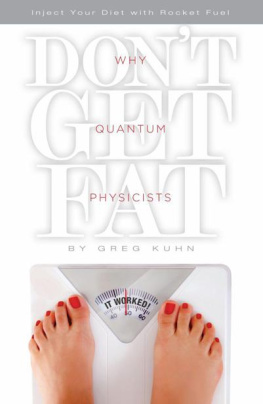
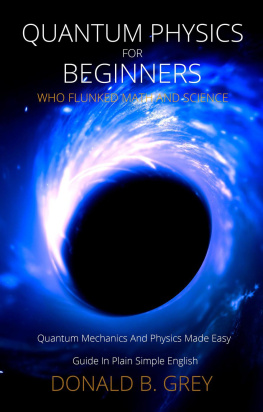
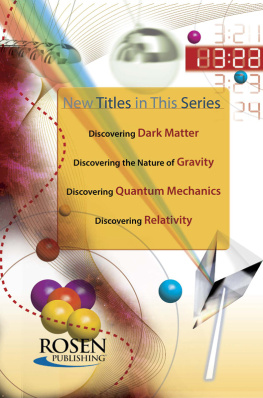

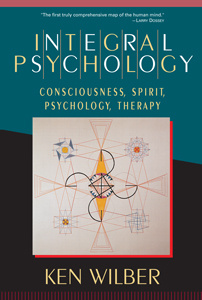
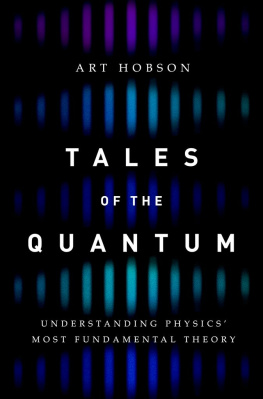
![David Orrell [David Orrell] - Quantum Economics](/uploads/posts/book/114631/thumbs/david-orrell-david-orrell-quantum-economics.jpg)